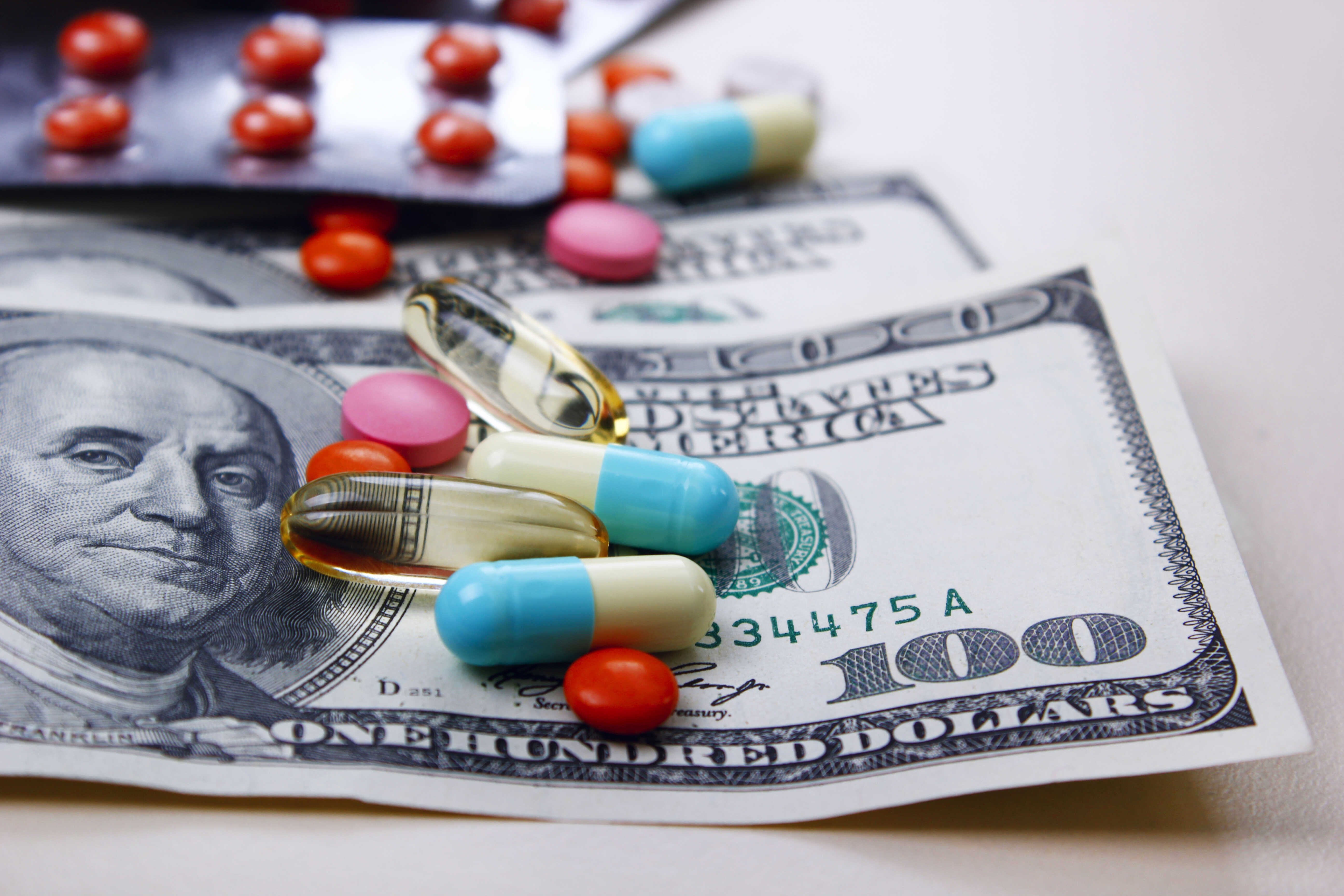
The clinical use of ketamine has significantly increased in popularity from top anesthetic to fastest acting and most effective mental health treatment for conditions such as anxiety, depression, and PTSD. However, the idea of procuring ketamine funding seems to bring about a number of challenges, particularly in its relation, or unrelation, to Big Pharma.
Ketamine was originally introduced in the 1960s as a short-acting surgical anesthetic and became primarily used for sedation and pain management. Over the last 20 years more than 130 clinical trials, dozens of them peer-reviewed, have been completed with results proving ketamines efficacy and safety as a mood disorder treatment, yet Big Pharma has mostly been against its use. Why is this?
FDA Grandfathered Drugs and the Status of Ketamine
What seems to have puzzled researchers and medical professionals alike is the fact that esketamine, considered the “cousin to ketamine”, is approved by the FDA for depression under the brand name Spravato, while ketamine is not. In 2019, Janssen Pharmaceutical patented ketamine without one isomer and was able to get that drug approved by the US Food and Drug Administration (FDA) to treat patients with treatment-resistant depression. Since there’s growing evidence that Spravato/esketamine can help patients with depression, many have wondered why ketamine, the better-known and cheaper option, isn’t being approved as well. Additionally, ketamine is usually given intravenously, which is twice as effective as the nasal route, which is the only way Spravato AKA esketamine is approved to be given.
The catch is that ketamine’s patent expired in 2002, meaning that further studies for its use do not present a profitable opportunity for the pharmaceutical industry, and therefore it is not considered for additional therapeutic use as it should be.
The current FDA approval process is time consuming, complicated, and expensive, with new drugs costing an average of one billion dollars from idea to approval. This huge hurdle means it only makes sense for a company or institution to go through the process if they stand to make a huge profit from a patented product. The current system rewards Big Pharma for making irrelevant changes that have no clinical value while FDA approval of ketamine for depression is required in order for health insurance companies to cover the costs of this life-saving treatment. This is more than a tragedy, especially when you consider that depression is the leading cause of disability in the US today and depression can lead to suicide. More than 44,000 Americans take their lives every year.
Ketamine Infusion Therapy
While its relationship with Big Pharma and the FDA is a bit of a “love-hate” one, ketamine infusion therapy remains a safe and legal way to treat many mental health conditions. These ketamine treatments for depression and anxiety are professionally administered in a safe and comfortable clinical setting, such as a Ketamine Clinic.
Ketamine Clinics Los Angeles has been providing ketamine infusion therapy treatments for over 8 years to over 4,000 individuals. As a board-certified anaesthesiologist with a master’s degree in psychology, Dr. Steven Mandel has been utilizing ketamine for more than 40 years, now treating patients from his state-of-the-art mental health treatment center. Along with his staff, Dr. Mandel has provided exceptional care for patients, as well as insights into the use of ketamine for therapy.
To learn more about KCLA, or for any questions regarding their services and treatment options, contact the team today.

